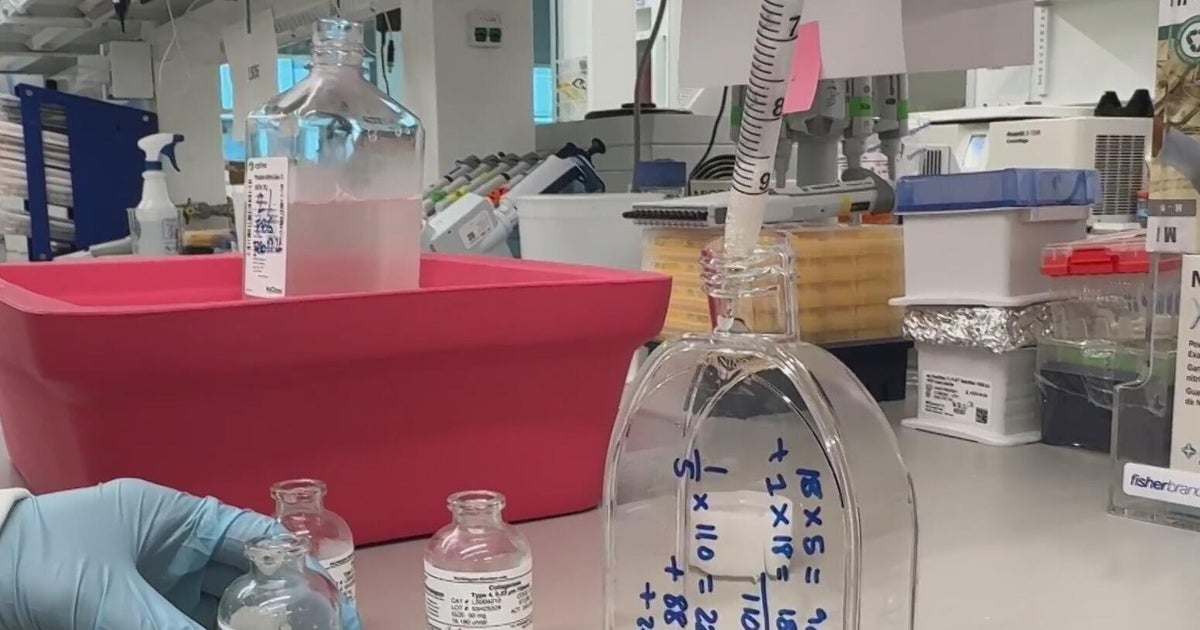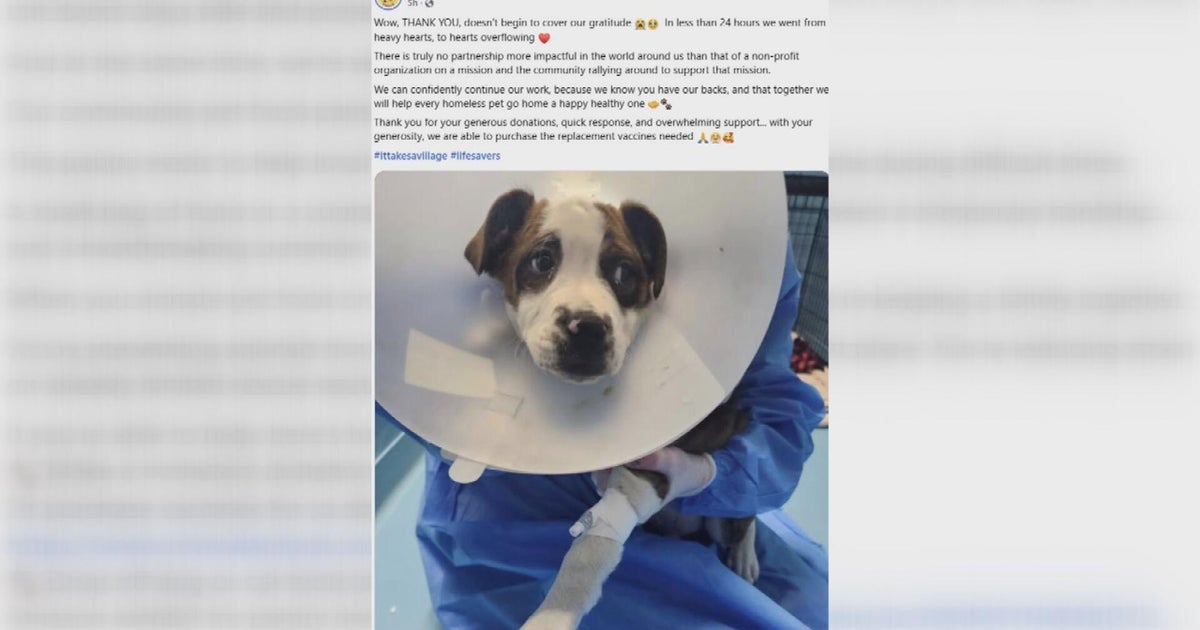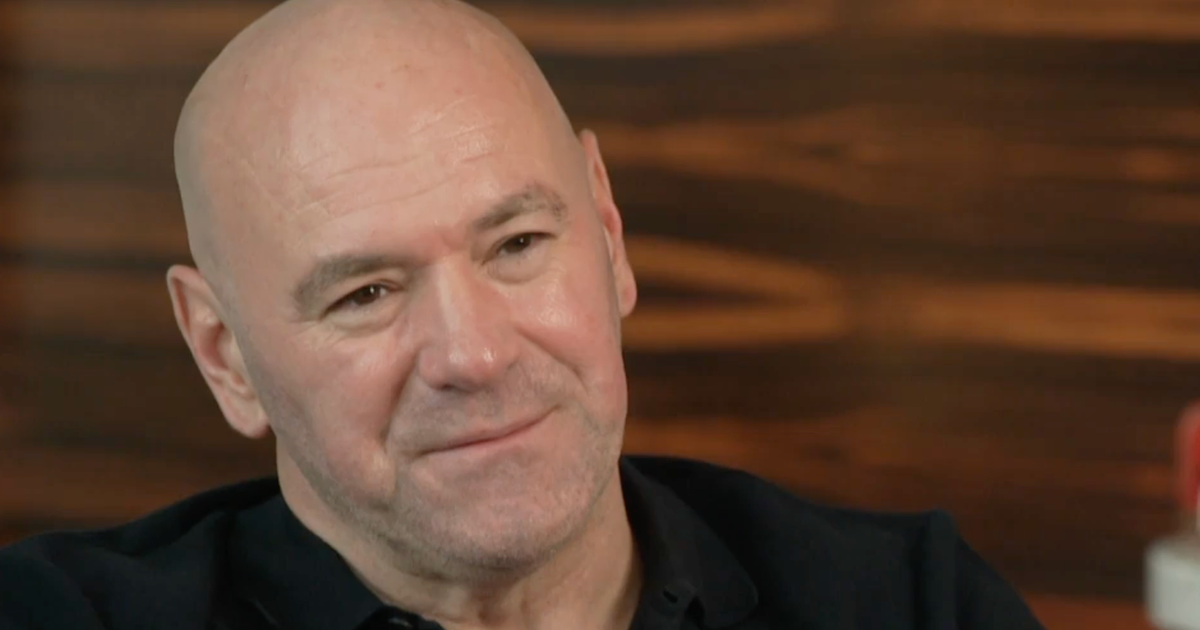Widespread coronavirus blood testing could "start getting people back to work," doctor says
Health experts are calling for widespread COVID-19 blood testing that may be able to determine if a person who had the coronavirus is now immune. Dr. Matthew Sims, who is leading a blood sample study of over 40,000 health care workers, claimed the test's accuracy rate is "in the high 90s," though there are still questions over how long a person's immunity to the virus lasts.
"If we were able to quickly test people with antibodies and show that the antibody keeps the virus away, we can start getting people back to work," Sims told CBS News senior medical correspondent Dr. Tara Narula.
The test can determine, through a few drops of blood, if someone has built up antibodies to fight off the coronavirus.
Sims, the director of infectious disease research at Michigan's Beaumont Health, is testing whether the antibodies are a sign of immunity to prevent re-infection.
"No test is perfect. You're always going to have some false negatives, you're always gonna have some false positives," Sims said.
However, he warned against the blood test giving people "a false sense of security," should it become widespread.
"We still would recommend taking reasonable precautions, even if you have immunity," he said.
Even with an accurate form of testing, doctors still question how long the immunity will last.
The World Health Organization's executive director of emergency programs Dr. Mike Ryan said, "One would expect that a person who generates a full-blown immune response with detectable antibodies should have protection for a period of time. We just don't know what that period of time is."
Despite the call for widespread testing, a lack of federal oversight still leaves concerns over the test's accuracy. The FDA has so far only approved one blood antibody test.
Beaumont Hospital nurse Zena Kassab opted to take the test because she says widescale testing is important to understand the scope of this pandemic, although she has not shown symptoms herself.
"I have young children. I have people in my life that are over the age of 65 with comorbidities as well," Kassab said. "And I want to know that, if I've been exposed, what I can do to continue to protect my family, and to continue to serve our community."



